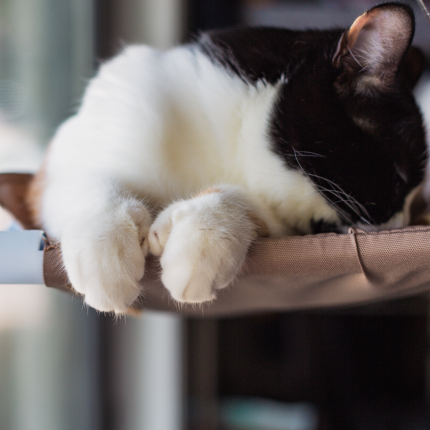New Study Unveils Shorter Lifespan of Popular Cat Breed
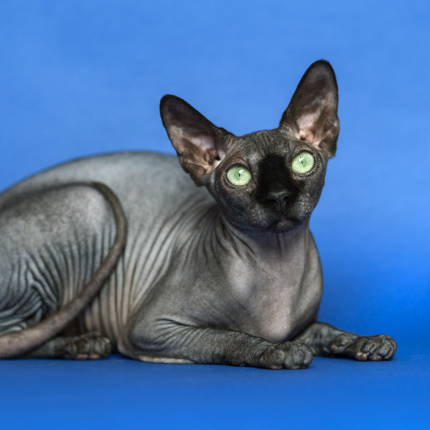
Before you rush to the shelter in search of a new feline friend, it’s essential to consider that not all cat breeds have the same lifespan. Recent research sheds light on this matter, revealing that some breeds may have significantly shorter lifespans than others.
According to a study conducted by researchers from the Royal Veterinary College (RVC) in the United Kingdom and the National Chung Hsing University (NCHU) in Taiwan, the hairless Sphynx breed has the lowest average life expectancy among domestic cat breeds, with just 6.8 years on average.
Factors Contributing to Shorter Lifespan
The researchers attributed this shorter lifespan to several breed-specific diseases prevalent in Sphynx cats. Originating in Ontario, Canada, the Sphynx breed is known for its hairlessness, a trait caused by a recessive gene. While this feature may make them suitable for individuals with cat hair allergies. They are not entirely hypoallergenic as they still produce skin cells.
Which Breeds Live the Longest?
In contrast, the study found that Burmese and Birman breeds have the longest life expectancy. With an average of 14.4 years, followed by crossbreed cats at 11.9 years and Siamese at 11.7 years.
To arrive at these findings, the research team analyzed the clinical data of 7,936 cats registered with veterinarians in the UK who passed away between January 1, 2019, and March 31, 2021. They developed the first-ever “life tables” for different cat breeds. Which predict remaining life expectancy and probability of death across various age groups within a given population.
Significance of the Study
Lead study author Kendy Teng, assistant professor of Animal Welfare Epidemiology at NCHU, emphasized the significance of these life tables in understanding feline lifespans. She stated that by knowing the expected lifespan of their cats, owners can make informed decisions to ensure their pets’ well-being.
In addition to breed-specific factors, the study also identified other determinants of feline lifespan. Female cats, on average, were found to live 1.33 years longer than males. While purebred cats and those classified as either underweight or overweight were more likely to have shorter lives.
Overall, the study highlights the importance of understanding and considering breed-specific factors when caring for cats, enabling owners and veterinarians to make informed decisions to promote feline health and longevity.

Featured Articles
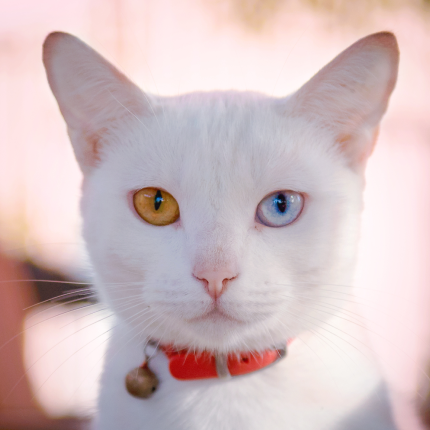
The Odd-Eyed Cat (AKA Heterochromia)
Cats are already beautiful and fascinating creatures, but people are bound to take notice when they have something as captivating as two different colored eyes. Odd-eyed cats always have one blue eye paired with either a green, yellow, or brown eye. This form of heterochromia occurs in other animals, including…
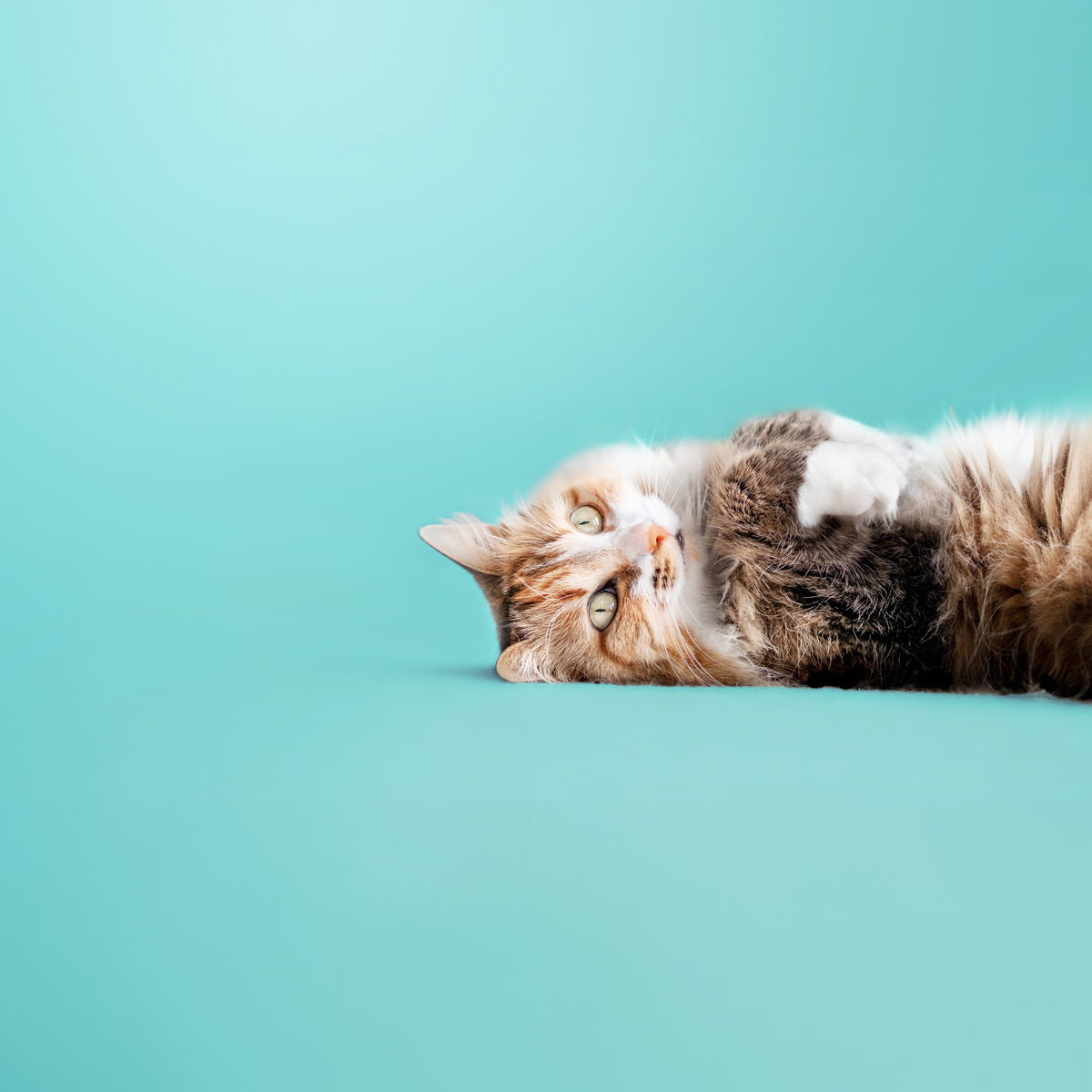
Why Do Cats Roll Over Into Their Backs But Not Let You Touch Their Bellies?
It’s common knowledge dogs love to have their tummies rubbed when they freely lay down before you and roll onto their backs. But, if you’re also familiar with cats, you know that when they roll onto their backs with their bellies exposed, rubbing the belly will most likely result in…
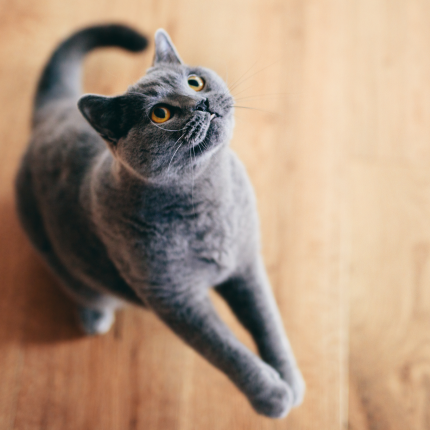
Greebles and Cats: The Origin and the Meaning
You may have seen an internet sensation concerning cats labeled “greebles.” Feel out of the loop? We’re here to help you. In 2019, Reddit user /user/literallyatree commented on a Reddit post about a cat that looks like it’s trying to slap a ghost. This user commented: “My family calls things…
